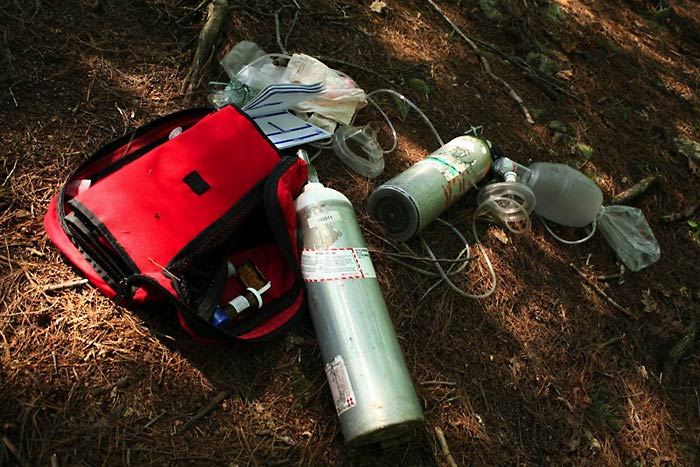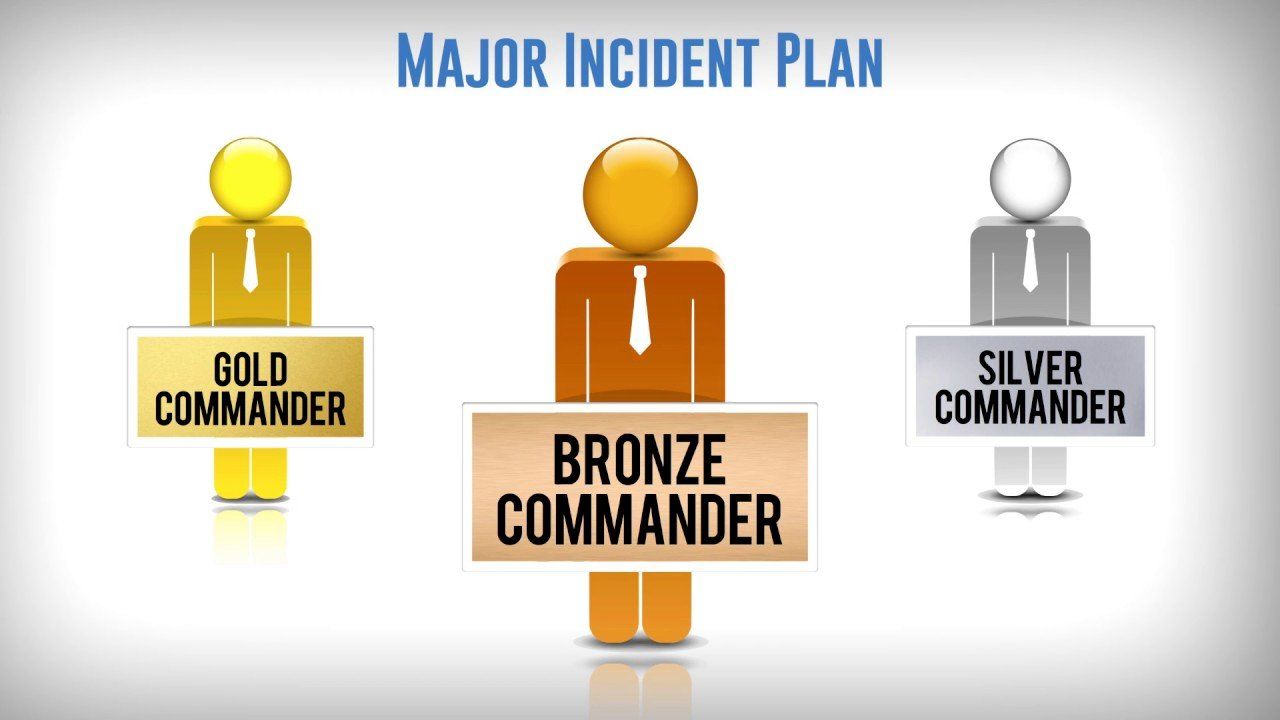Level 4 Hostile Environment Assertiveness Tactics (HEAT-4)
Work in challenging or hostile environments requires a great deal of planning and
co-ordination.
We have spent many years on operations in hostile environments. We have used this extensive experience to write and deliver the most comprehensive and current course that is as realistic as possible. The course can be booked for groups or individuals. The course is provided in an undisclosed location in the UK. It is fully submersible, so all involved get the most from the course.
Course Outline
The training is theory online followed by a complete 2-day immersion designed to put participants under pressure, which will mirror the potentially tricky, challenging, and uncomfortable circumstances they could face on deployment while being mindful of health and safety issues. Participants are to complete a medical declaration ahead of the course. Before you attend, there are online training modules to complete. This is so we can maximise the practical time spent with us.
Practical
The practical element of the training tests the participants' resilience and enables them to implement the skills needed to function effectively in a crisis. The scenarios, therefore, test that each participant has the following skills:
• Ability to quickly form cooperative working relationships within the team.
• Ability to work effectively in a highly pressurised environment.
• Flexibility to cope with constantly changing priorities.
• Customer care skills and the ability to handle the highly distressed and injured sensitively.
• Demonstrate good judgement and decision-making under stressful situations
• The ability to notice when colleagues are under pressure and react appropriately, ensuring the team's welfare is a priority.
• Ability to set up a remote office and manage complex information flows.
• Ability to manage the media.
• Understand the importance of and work on building relationships with local authorities, including problem-solving (i.e., where local authorities are not allowing access or are being obstructed from meeting the deployment objectives).
• Understanding how your work and the team fit into a more comprehensive crisis response.









